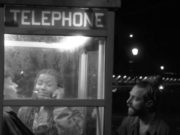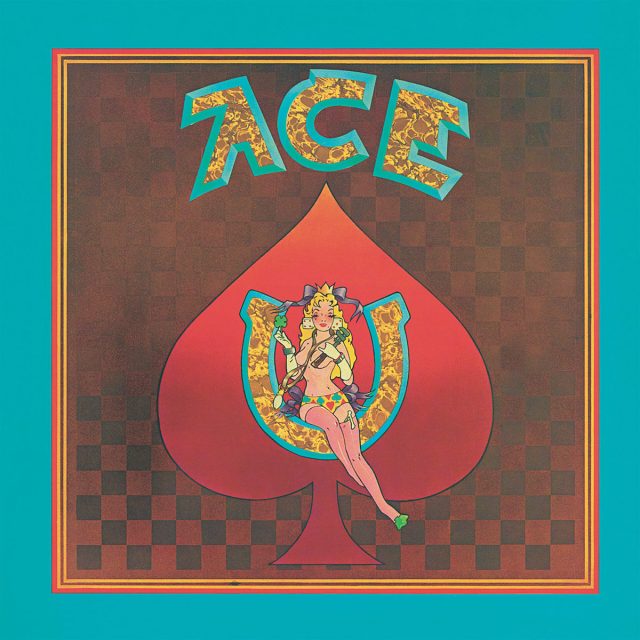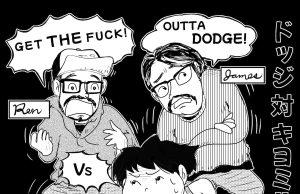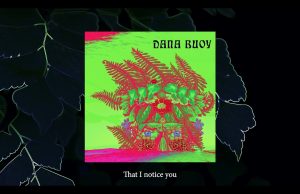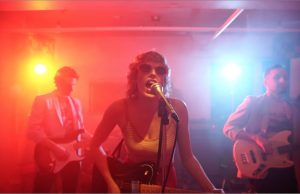THE EDITED PRESS RELEASE: “Bobby Weir celebrated the 50th anniversary of his solo debut Ace on stage in April with two special shows at New York City’s Radio City Music Hall. On both nights, he performed the entire album live with his group Bobby Weir & Wolf Bros, featuring The Wolfpack, a string and brass quintet, pedal steel player Barry Sless, and special guests Tyler Childers and Brittney Spencer. One of those performances is included in the new anniversary edition of Ace, which features a remastered new mix of the original album.
When Weir started working on Ace at Wally Heider’s studio in San Francisco in early 1972, he wasn’t planning for The Grateful Dead to be his backing band. It just happened. “I pretty much knew in the back of my mind what would happen,” Weir told Crawdaddy a few months after the sessions. “I go and get the time booked and start putting the material together. Everybody gets wind of the fact I got the time booked, and I may be going into the studio. So, one by one, they start coming around … ”
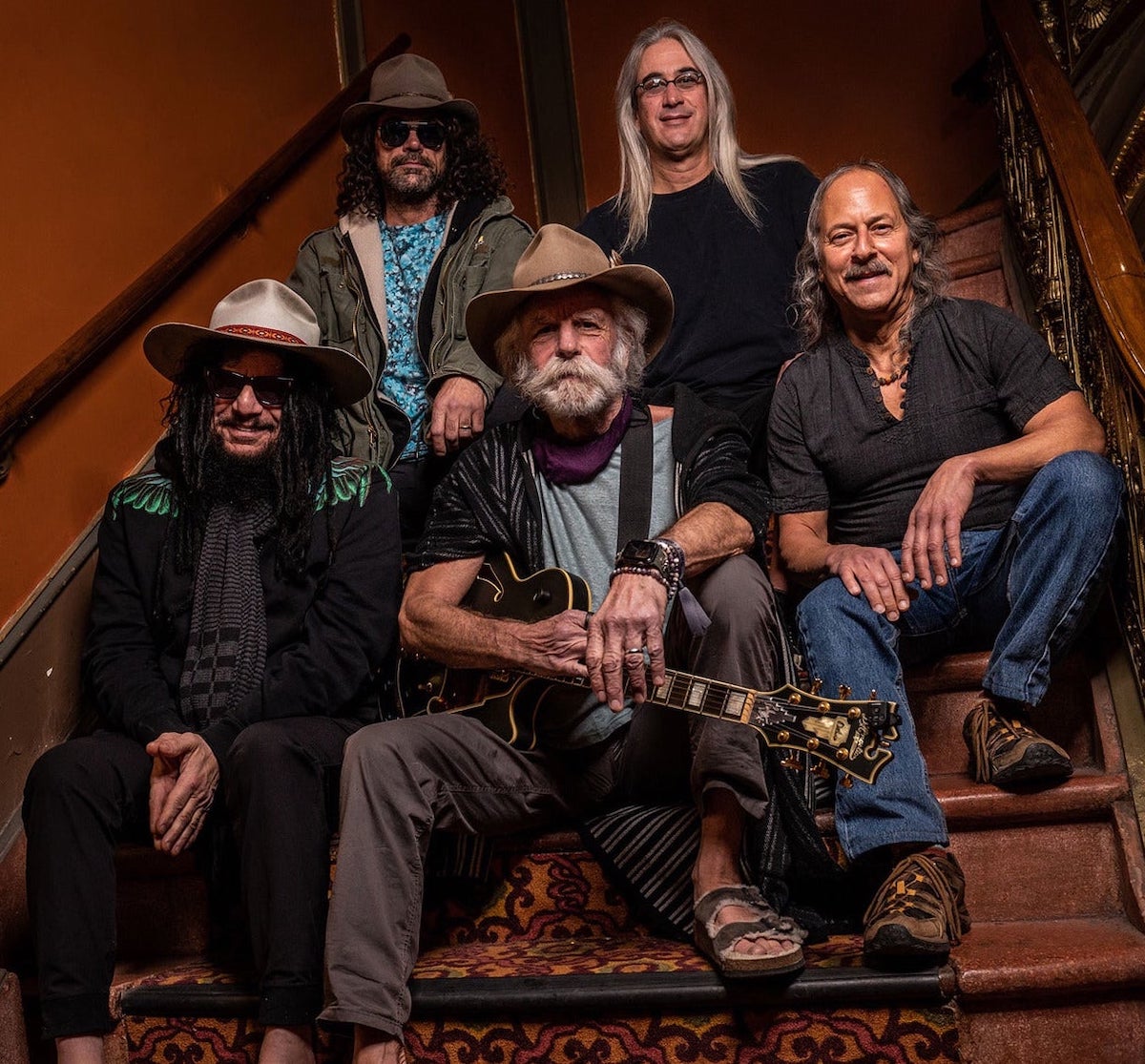
It made sense — the band was already familiar with most of the music, having road-tested six of the album’s eight songs, including Greatest Story Ever Told, Mexicali Blues and Playing In The Band, destined to become one of Weir’s signature tunes. Ace also marked the beginning of Weir’s long-running collaboration with lyricist John Perry Barlow and includes early standouts Cassidy and Looks Like Rain.
The liner notes that accompany the new anniversary edition were written by Jesse Jarnow, co-host of The Good Ol’ Grateful Deadcast and author of Heads: A Biography Of Psychedelic America. He writes about Weir realizing his 50-year dream of touring with strings and horns in 2021 when The Wolfpack joined him and the Wolf Bros on the road.
Jarnow writes: “By the time they played a pair of nights at New York’s Radio City Music Hall in April 2022 to celebrate the 50th anniversary of Ace, Bobby Weir & Wolf Bros featuring The Wolfpack had found their flow at the thrilling, porous border of improvisation and arrangement. In the eternal present tense of The Grateful Dead’s music, none of the songs had stopped evolving in the previous 50 years … At Radio City, everything was heard in its newest (and perhaps already outdated) incarnations, the evolutions acting as a progress report on the ensuing half-century of Weir’s life, musical and otherwise.”







